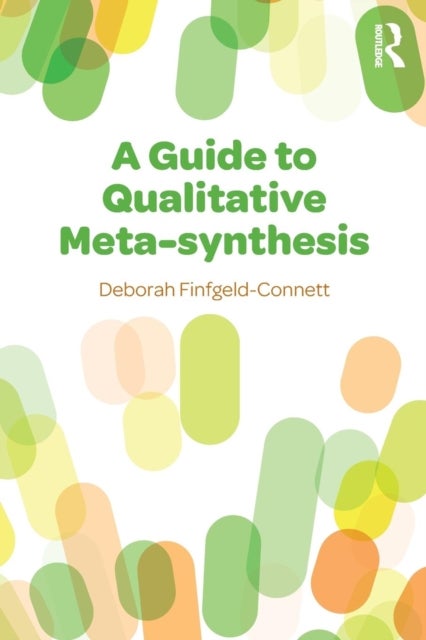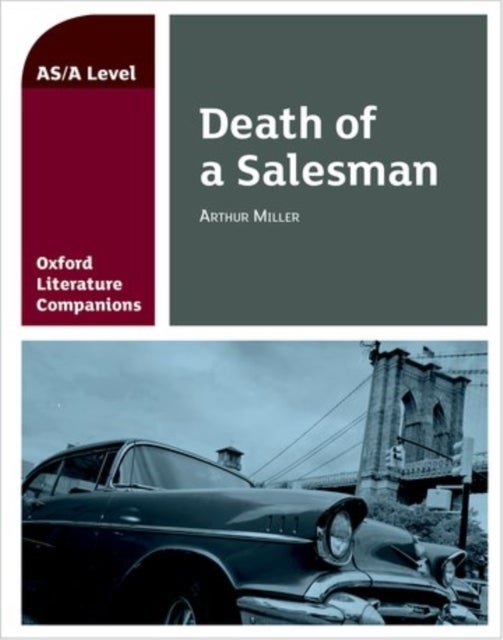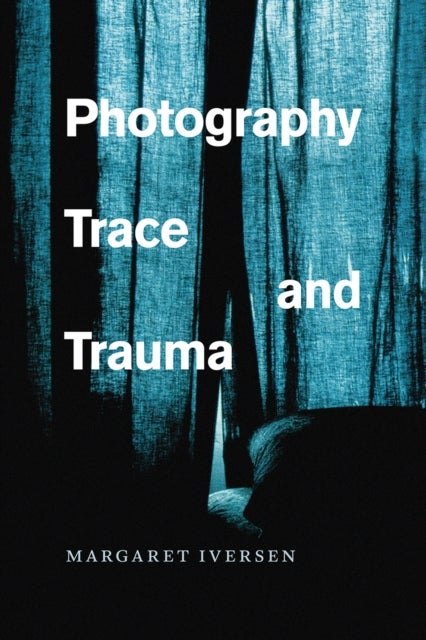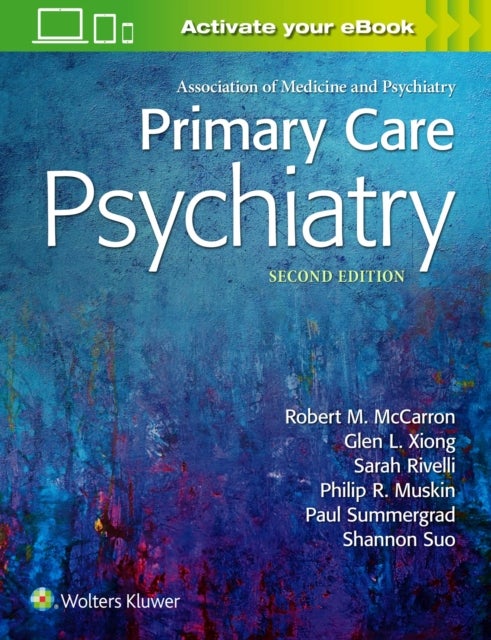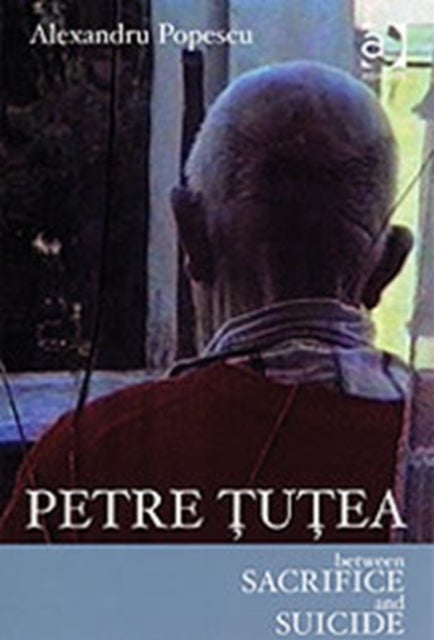
Petre Tutea av Alexandru Popescu
529,-
Petre Tutea (1902-91) was one of the outstanding Christian dissident intellectuals of the Communist era in Eastern Europe.¿Revered as a saint by some, he spent thirteen years as a prisoner of conscience and twenty-eight years under house arrest at the hands of the Securitate.¿This book explores his unique response to the horrors of torture and ''re-education'' and reveals the experience of a whole generation detained in the political prisons. Tutea¿s understanding of human needs and how they can be fulfilled even amidst extreme adversity not only reflects huge learning and great brilliance of mind, but also offers a spiritual vision grounded in personal experience of the Romanian Gulag.¿Following the fall of the Ceausescus, he has begun to emerge as a significant contributor to ecumenical Christian discourse and to understanding of wider issues of truth and reconciliation in the contemporary world. ¿As Tutea''s pupil and scribe for twelve years, as a psychiatrist, and as a theologian,


